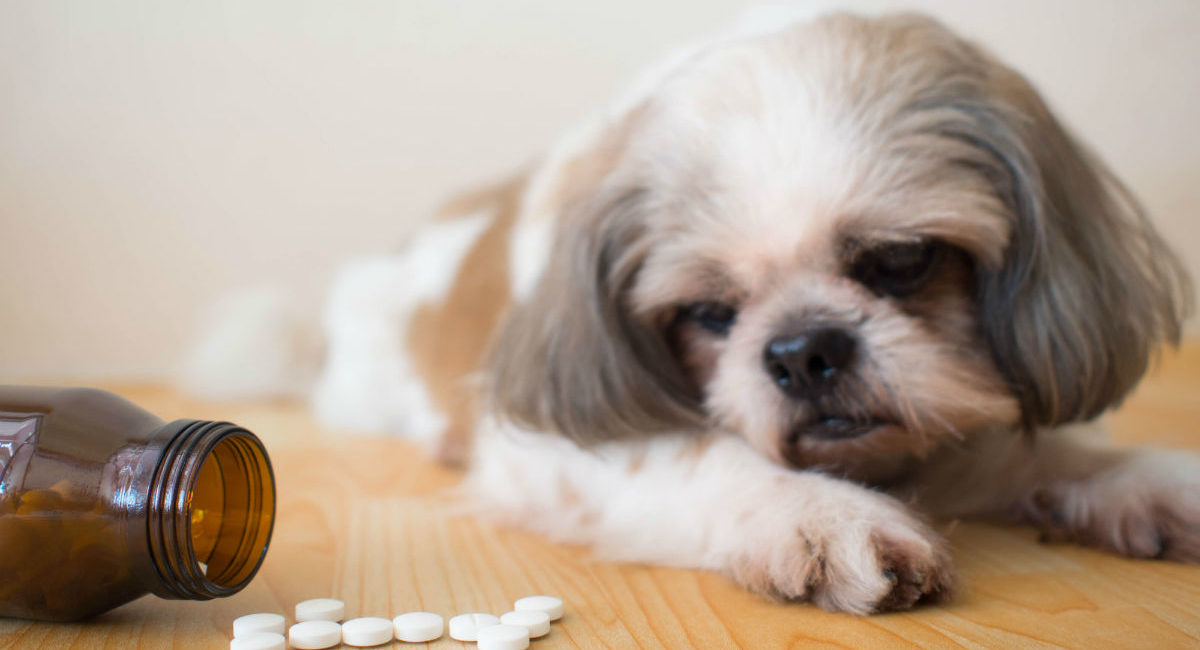If you suspect your pet has been poisoned, you need to respond quickly and in the right way to have the best chance at a positive outcome.
Do you know what to do if something happens?
- Evaluate – Try to identify the toxin and if there is a package, keep it with you for reference. Assess the symptoms and know that even though they may seem fine, toxic exposure may still have occurred.
- Call your local veterinary clinic or emergency animal hospital, and they can direct you as to what to do next. For some toxins when ingested, often vomiting would be induced. However, there are some toxins that vomiting could cause more harm to such batteries.
- Some people believe they are helping their pets by offering them home remedies or human medicine. This can not only potentially have more negative effects than the toxin itself, but it can also prevent veterinarians from giving medications they actually need. Try to remain calm and don’t give your pet anything, unless directed by your veterinarian.
- If you need to take your pet to your veterinarian or emergency clinic, try and have someone with you to avoid becoming distracted while driving. Some special requirements may also be needed to keep you safe and prevent human exposure from toxins such as rat poison.
Top 10 Dog Poisons:
- Prescription medications for people
- Insecticides
- Over the counter medications
- Pet medications
- Plenty of household products
- People food
- Chocolate
- Plants
- Rodenticides
- Lawn and garden products
Top 10 Cat Poisons:
- Household cleaners
- Insecticides
- Rodenticides
- Lilies
- Antidepressants
- Dewormers
- ADHD medications
- Insoluble Oxalate Plants
- Essential Oils
- Glow Sticks
Written by PetFocus Bedford South



